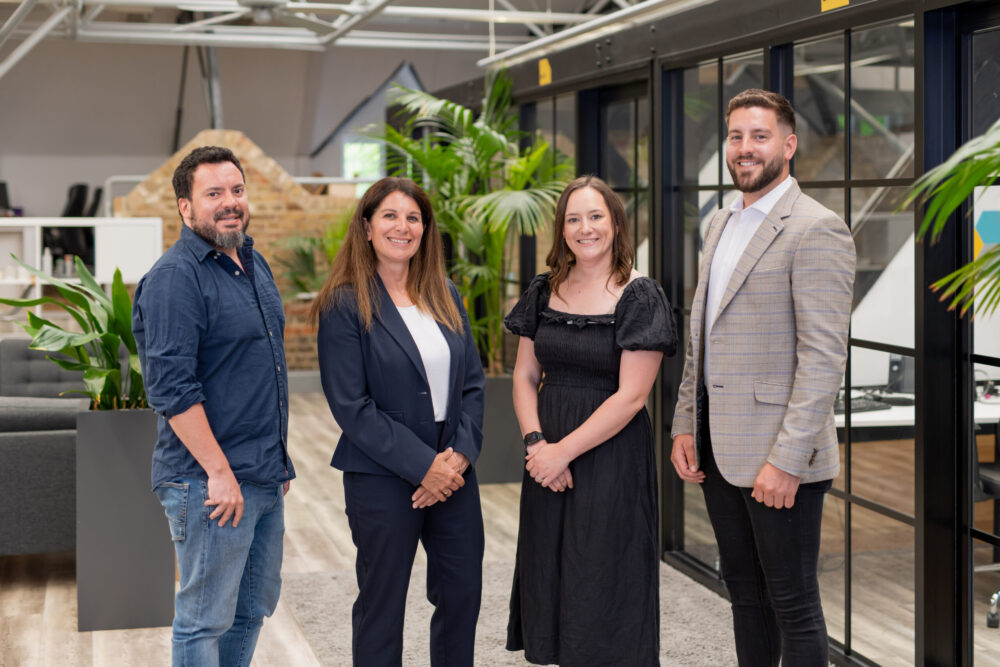
In an exciting development, we present Mali, the first Welsh-speaking digital assistant, to clusters in an exciting step for Welsh healthcare. This innovative tool is an automated digital assistant intended to improve patient care, access to services by expediting healthcare processes. This blog post will discuss how deploying Mali is efficiently empowering patients to self-serve allowing for reallocating resources across our pilot cluster in Wales, Pen Y Bont Health.
Addressing the Challenges in Welsh Healthcare Clusters
In Wales, general practitioner practices work together to provide extensive local healthcare through the formation of clusters, which are groups of related practices. These clusters have certain difficulties that may limit their efficiency and productivity. Clusters can address some of these important challenges by deploying and joining up of technology products such as the EDATT digital assistant, specifically Mali.
Challenges Faced by Healthcare Clusters :

The Role of Mali
Mali is more than just a digital assistant. It represents a significant step forward in making healthcare more accessible and personalised with added digital support. Designed to communicate in multiple languages, Mali helps bridge any potential language barrier.
With free text option enabling patients to type their query, a combination of pre-determined support pathways and automated navigation based on local services pre-empted by the GP surgeries, Mali is able to effectively manage hundreds of complex patient queries.
Accessible via telephone queues, practice websites and in the practice waiting room, Mali is available on a variety of platforms and is surfaced upon patient request to launch. Giving the patient choice and personalised support ensures that the majority of patients that engage with the chatbot are then comfortable to completely self-serve therefore reducing workload on the GP surgery.
How Mali Can Benefit Healthcare Clusters
Better Allocation of Resources : By taking care of common questions and administrative duties, Mali can aid with the effective utilisation of resources by freeing up medical staff time to concentrate on patients who require the greatest attention. By using resources more strategically, it may be possible to reduce the differences in patient care that exist within the cluster.
Improved Interaction: The fact that Mali is able to communicate in Welsh removes challenges in communication. Patients who speak Welsh can express their health problems and receive information in their own language thanks to this inclusion, which encourages improved patient participation. enhanced patient satisfaction and willingness to follow medical recommendations are directly correlated with enhanced communication.
Reduced Administrative Cost: Mali helps healthcare workers by reducing administrative time by automating follow-up reminders, initial patient questions, and appointment scheduling. This improves the level of service quality and job satisfaction among healthcare professionals by enabling them to commit more time to overseeing patient care.
Regular Data Management: Mali can properly and consistently collect patient data, which will simplify data administration throughout the cluster. Better trend analysis and health monitoring are made possible by this consistency, and these are essential for the development of personalised patient treatment programmes and successful public health campaigns.
24/7 Availability: Patients can interact with Mali at any time, making healthcare interactions more convenient and reducing wait times for basic inquiries.

Conclusion
Mali’s deployment creates a lot of opportunities for Wales to expand its use of digital healthcare tools namely the adoption of the NHS Wales App. The inclusion of the chatbot helps the management of recurring issues, improves the well-being of healthcare professionals and raises the standard for care delivery.
This is done through increasing data integrity, improving communication and maximising the use of available resources. As technology advances, so does the chance to enhance healthcare delivery for everybody. With digital advancements like EDATT paving the way for a more patient-centered, patient-accessible, and efficient healthcare system, the future of healthcare in Wales appears promising.
To book a demo or free trial for your own digital assistant today visit: https://www.edatt.io/
